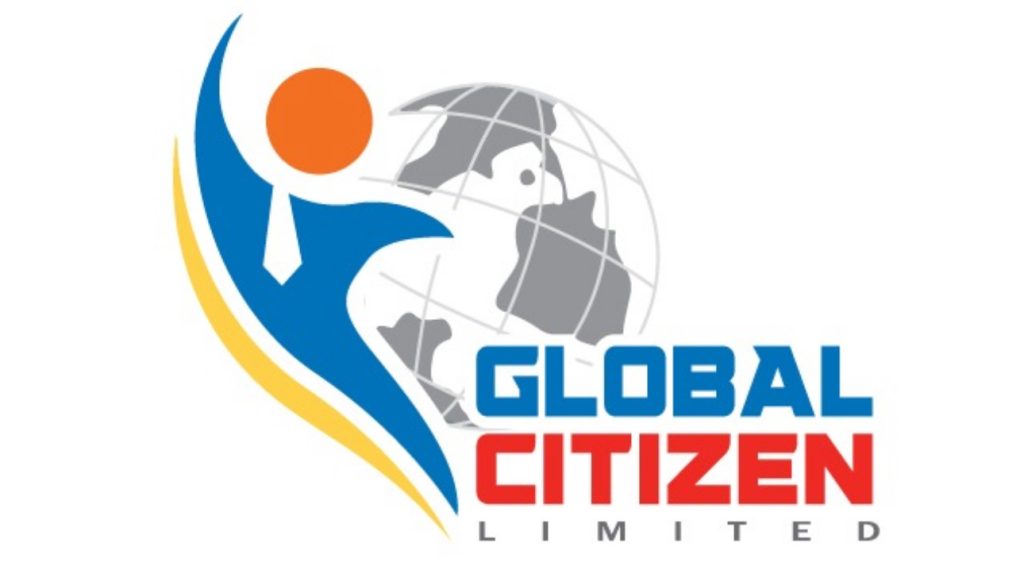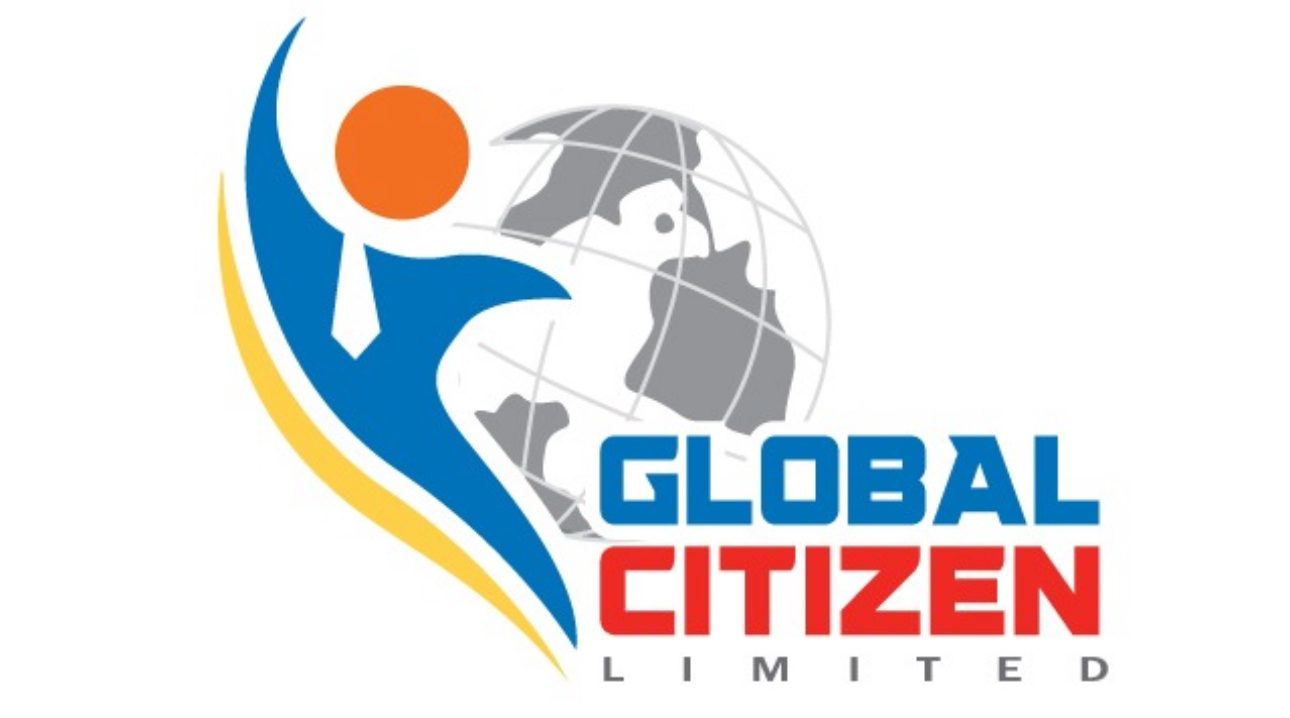Vanier Canada Graduate Scholarships |
|
Designed for doctoral students to attract world-class scholars and establish Canada as a global centre of excellence in research and higher education. |
Trudeau Foundation Scholarships |
|
Recognises outstanding doctoral candidates in social sciences and humanities, providing them with financial support and opportunities to develop their leadership skills. |
Lester B. Pearson International Scholarships |
Tuition, books, incidental fees, and residence support |
Offered to exceptional international students who demonstrated leadership skills and academic achievements. Recipients are selected by participating Canadian universities. |
International Student Scholarship Program |
|
Offered by various Canadian universities and colleges to international students, providing financial assistance based on academic merit, leadership potential, or specific criteria established by the institution. |
Humber International Entrance Scholarships |
Up to $5,000 or $3,000 renewable |
Available to international students applying for undergraduate programs at Humber College, recognising their academic excellence, community involvement, and leadership skills. |
York University International Student Program Scholarship |
|
Awarded to outstanding international students applying to York University in Toronto, providing financial assistance based on academic merit and leadership potential. |
Carleton University Awards for International Students |
|
Carleton University offers a range of scholarships and awards to international students, including entrance scholarships, in-course scholarships, and awards for specific programs or countries of origin. |
University of Calgary International Entrance Scholarship |
|
Awarded to undergraduate international students entering the University of Calgary, recognising academic excellence, leadership qualities, and significant achievements in extracurricular activities. |
University of Alberta International Scholarships |
|
Provides scholarships for international students pursuing undergraduate, graduate, or professional programs at the University of Alberta, recognising academic excellence, leadership, and community involvement. |
Simon Fraser University International Scholarships |
|
Simon Fraser University offers several scholarships to international students at undergraduate and graduate levels, including entrance scholarships, continuing scholarships, and scholarships for specific countries or regions. |


